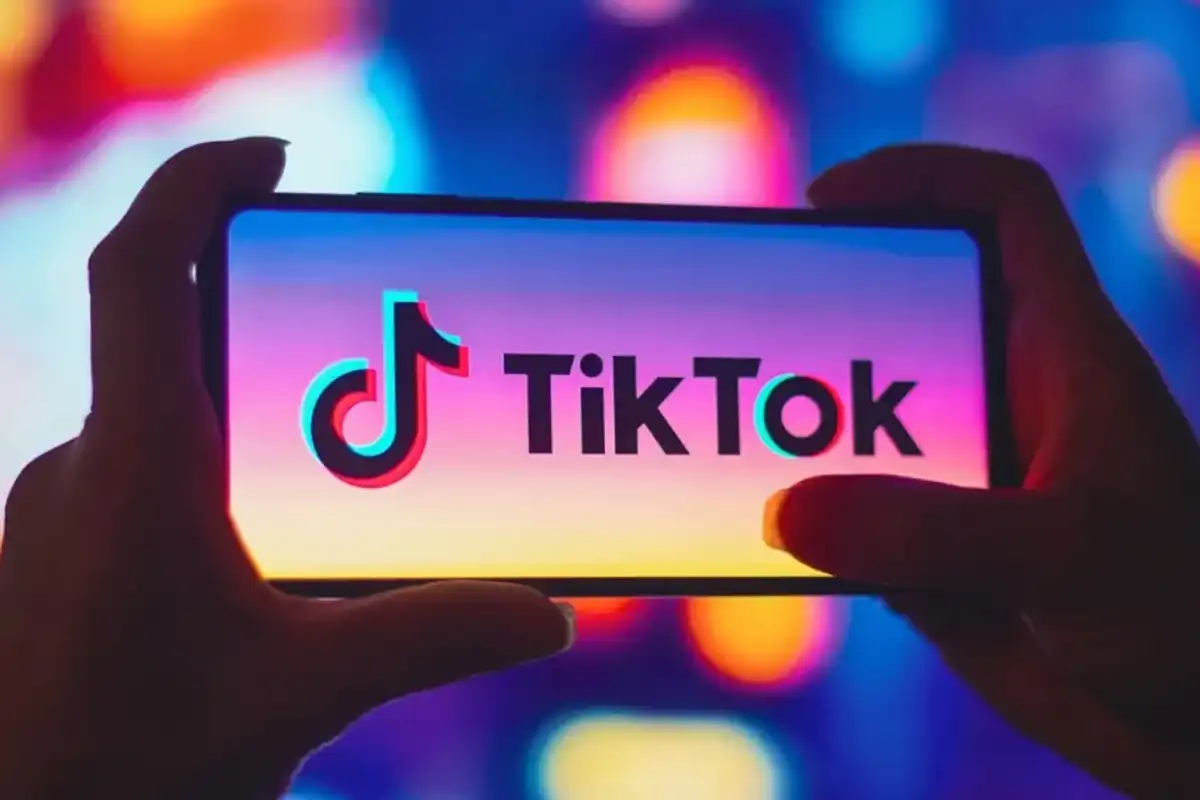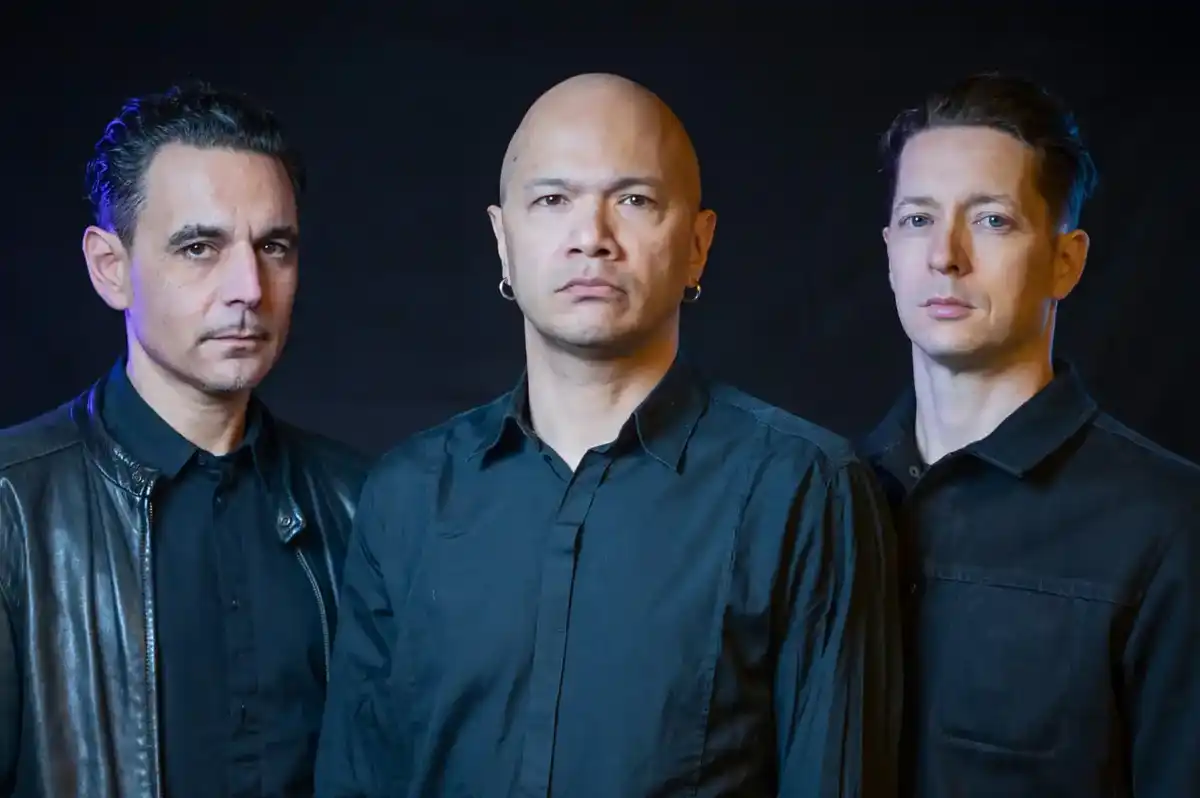UMG and TikTok Strike Licensing Deal After Three-Month Standoff
UMG allowed its last TikTok license to expire on Feb. 1, citing unfair compensation for its catalog as well as AI and artist safety concerns.

TikTok
Universal Music Group (UMG) and TikTok have struck a new licensing agreement which will soon bring UMG’s catalog of millions of sound recordings and songs back to TikTok after three months off the platform. Though it is unclear exactly when all of UMG’s catalog will return to the app, a press release about the new license says it will return in “due course” and the two companies are “working expeditiously” to return the music.
UMG’s last license with TikTok expired at the end of January after negotiations soured between the two companies. UMG announced that its music would be pulled from the app starting Feb. 1 in a letter to its artists and songwriters, saying that TikTok refused to pay the “fair value” of music and that it had concerns about TikTok’s stance on AI and artist safety.
Eventually, over the course of February, millions of sound recordings and compositions in the UMG catalog were removed from TikTok, which has been known as perhaps the most effective artist promotion and marketing platform of the 2020s. This included the removal of superstars like Taylor Swift, BTS, Drake, Ariana Grande, The Weeknd, Lady Gaga, Lana Del Rey, Billie Eilish, Eminem, Nicki Minaj, Justin Bieber, Karol G and Post Malone. Its impact stretched even wider when UMG’s publishing interests were also removed from TikTok, which included many recordings released by other record companies.
According to a press release about their new deal, UMG and TikTok will now enter a “new era of strategic collaboration” and that the deal “improves remuneration for UMG and artists, new promotional and engagement opportunities for their recordings and songs and industry-leading protections with respect to generative AI.”
The two companies will now collaborate to realize more monetization opportunities within TikTok’s e-commerce services, which the short-form video app has been leaning into in recent months, particularly with the launch of TikTok Shop. TikTok will also invest “significant resources into building artist-centric tools.” This will include integrating ticketing capabilities and better data and analytics.
To address UMG’s concerns about AI and artist safety, the press release says the app will strengthen safety for artists and fans and that the two companies will work together to remove unauthorized AI-generated music from the platform. Since the anonymous TikTok user Ghostwriter used the platform to release his song “Heart On My Sleeve” last year, which featured the AI voices of Drake and the Weeknd, TikTok has been a destination for AI voice parody songs, including one particularly popular original sound that paired an AI Lana Del Rey voice with Mitski‘s “My Love Mine All Mine.”
TikTok will also “improve artist and songwriter attribution” as part of the deal, which will ultimately help UMG’s talent get paid for uses on the platform.
“This new chapter in our relationship with TikTok focuses on the value of music, the primacy of human artistry and the welfare of the creative community,” UMG chairman/CEO Lucian Grainge said in a statement. “We look forward to collaborating with the team at TikTok to further the interests of our artists and songwriters and drive innovation in fan engagement while advancing social music monetization.”
“Music is an integral part of the TikTok ecosystem and we are pleased to have found a path forward with Universal Music Group,” TikTok CEO Shou Chew said in a statement. “We are committed to working together to drive value, discovery and promotion for all of UMG’s amazing artists and songwriters, and deepen their ability to grow, connect and engage with the TikTok community.”
“We are delighted to welcome UMG and UMPG back to TikTok,” TikTok global head of music business development Ole Obermann said. “We look forward to working together to forge a path that creates deeper connections between artists, creators and fans. In particular, we will work together to make sure that AI tools are developed responsibly to enable a new era of musical creativity and fan engagement while protecting human creativity”.
“Developing transformational partnerships with important innovators is critical to UMG’s commitment to promoting an environment in which artists and songwriters prosper,” UMG executive vp/chief digital officer Michael Nash said. “We’re gratified to renew our relationship with TikTok predicated on significant advancements in commercial and marketing opportunities as well as protections provided to our industry-leading roster on their platform. With the constantly evolving ways that social interaction, fan engagement, music discovery and artistic ingenuity converge on TikTok, we see great potential in our collaboration going forward.”

















